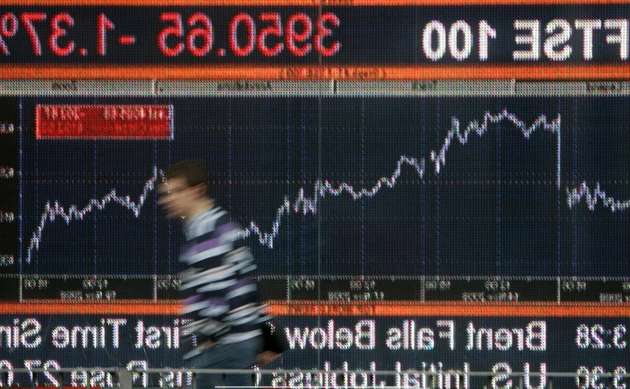
Wall Street has been grappling with President Donald Trump’s trade war strategies, which are causing increasing concern among investors. The recent executive order imposing tariffs on imports, with higher levies on products from specific countries, has triggered a significant selloff in stock futures and oil prices, reflecting worries about the global economy’s future.
Market Volatility and Investor Sentiment
While administration officials anticipate short-term challenges, they promise long-term benefits for Americans. Despite this, the market response to Trump’s actions has been mixed. Some investors view the tariffs as more severe than anticipated but believe that they may undergo modifications or reversals in the future.
Notably, the uncertainty surrounding how other nations will react to the tariffs adds to the market’s unease. The potential repercussions of a protracted trade dispute are a major concern for many financial experts.
Financial Market Reactions
As a result of the tariff announcements, Dow Jones Industrial Futures, S&P 500 futures, and Nasdaq futures have all experienced significant declines. The fluctuating tariff rates and reciprocal levies on various countries indicate a prolonged period of negotiation and adjustment for the U.S. economy.
Economists warn that the new tariffs could elevate the U.S.’s effective tariff rate to levels not seen since the Great Depression, potentially leading to inflation and weakened consumer spending.
Implications for Businesses and Consumers
The broad scope of goods affected by the tariffs means that different industries will feel the impact differently. Prices are expected to rise across various sectors, affecting consumer purchasing power and potentially slowing economic growth.
Businesses face increased uncertainty due to the unpredictability of U.S. trade policies. The ongoing tariff threats and policy shifts contribute to a challenging environment for long-term planning and investment.
The Future of Trade Policy
Despite the uncertainties, it is clear that tariffs are a central element of President Trump’s economic agenda. The evolving trade landscape will test the resilience of businesses and markets as they adapt to the new realities of international trade.
As the implications of the tariffs unfold, stakeholders will closely monitor how different sectors and economies respond to the changes. The repercussions of these trade decisions could have far-reaching effects on global economic stability.











